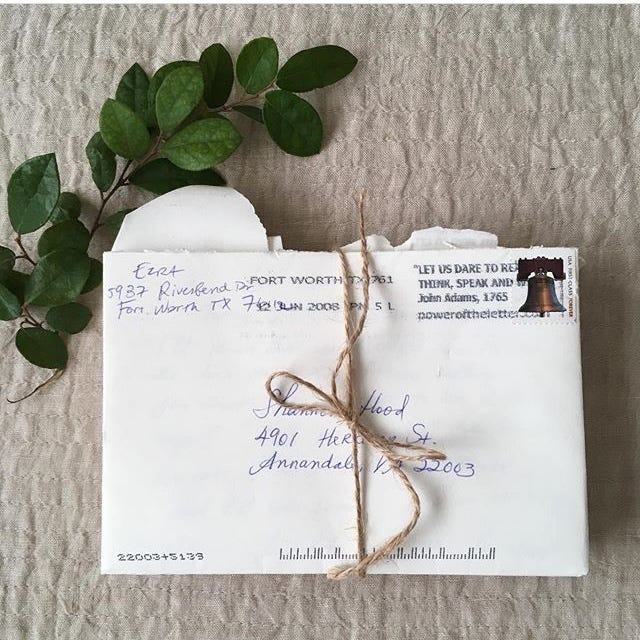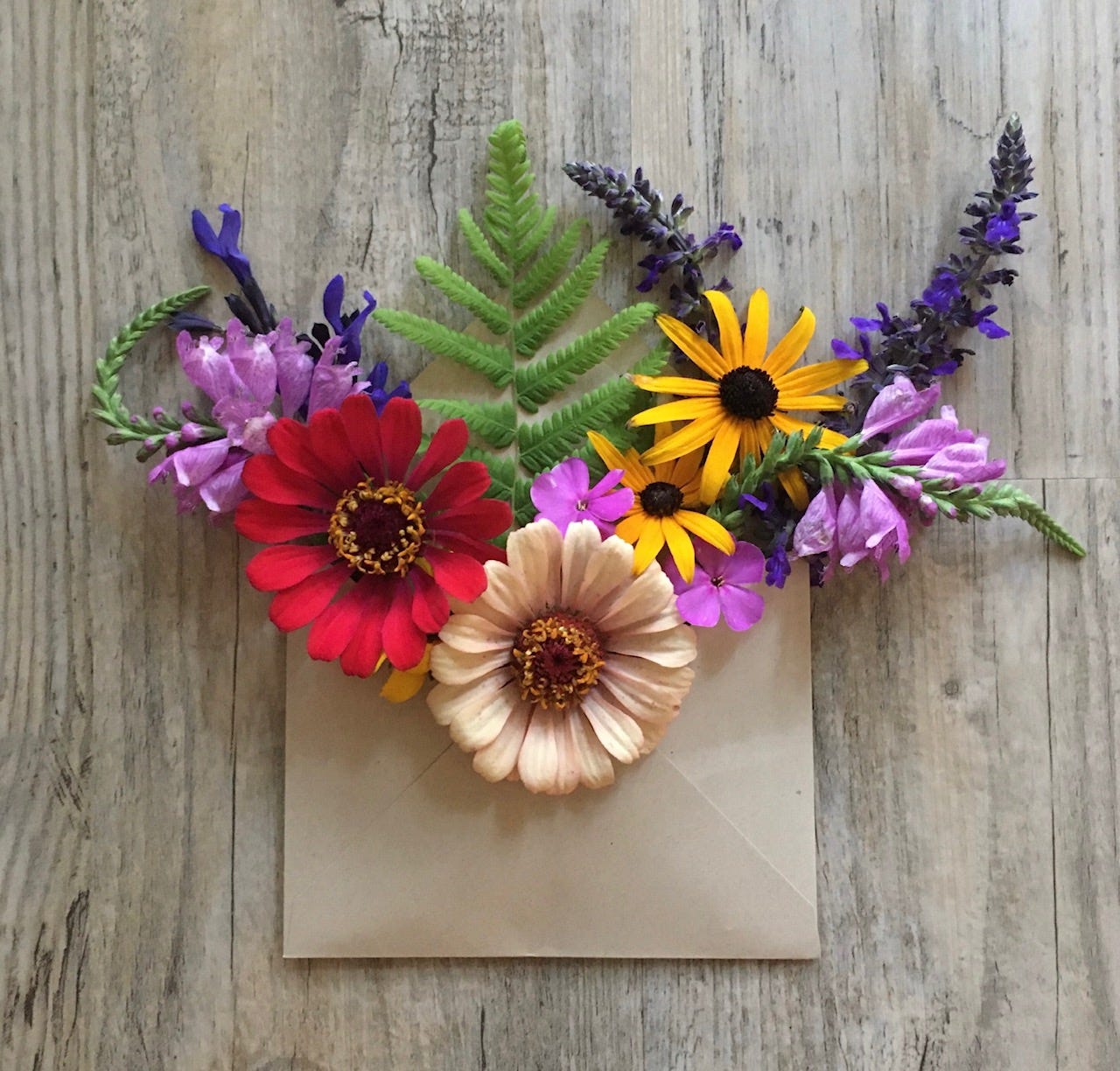Several years ago, I was reading eulogies on a funeral home’s online page for the daughter of a family friend. Her death had been completely unexpected and deeply tragic as she had left behind a husband and five young children (including newborn twins). I had never met her personally, yet tears still filled my eyes as I read all the beautiful ways she had impacted the lives of those she knew.
She was a bright and cheerful presence, and saw the possibilities for good in even the most discouraging situations.
She was the best listener. I knew she was listening to me because she asked the most thoughtful questions, and then followed up on what I had told her about the next time we were together.
I loved her laugh; it was absolutely infectious. Just thinking about her laughter makes me smile.
She gave the warmest, most earnest hugs. I always knew how much she loved me because she hugged me like she never planned to let go.
She was curious about and interested in so many things. She could talk to a stranger on an airplane for hours.1
I love hearing about and reading about all the ways we are loved by and influenced by those we love. Truly, no man is an island.
But as I read all the kind words that her friends and family had written, I couldn’t help but wonder: why don’t we say all these things to each other while we’re still alive?
Why do we wait until death to speak life-giving words of love?
You may be thinking, I do tell the people in my life exactly how I feel about them and why I love them! If that is true—this essay is not for you. It is for the rest of us who wait and wait, thinking: of course we’ll have time to say how we really feel to that friend or that sister. We think we have all the time in the world. We are, as Fredrik Backman called it, “time optimists:”
“But we are always optimists when it comes to time; we think there will be time to do things with people and time to say things to them.”2
I experienced the painful results of this “time optimism” recently when a friend of my family passed away quite suddenly and unexpectedly. I wish I had told him a few more times simply “thank you” for his thoughtful and kind presence in our lives.
A few ways I like to send living eulogies:
Birthdays— I love a birthday for sending a living eulogy because it is such a natural time to send something in the mail. Yes, you can send a classic birthday card with your words jotted inside, but I prefer a sheet (or two) of paper to have space for as many thoughts as I need.
Anniversaries—This really only applies to your spouse, but I find that it is the perfect time to record all the specific ways you love your husband/wife. My (20th!) anniversary was last month, and my sweet husband wrote down seven of the reasons why he loves me, one on each day leading up to our anniversary. It was such a treat to find each note from him in the morning as I began my day.
In the spirit of full disclosure, I am not actually very good at telling people why I love them, and I don’t do it nearly as often as I should. It is a skill and a habit that I am working on, so hopefully with time (and practice) it can become more natural for me.
Interestingly enough, after mulling over this essay for weeks, a dear friend of mine sent me a voice memo, and wouldn’t you know it? In it she told me about various traits that she admires in me—she was giving me a living eulogy! Let me tell you: it felt amazing. There is such power in the words we give each other.
Let’s not wait until death to tell one another why we love each other.
Let’s not wait until we are burdened with deep regret and it is too late to tell someone in our lives that we love her laugh, or her smile, or his kind heart.
Let us take a moment today—and as often as we can—to give and send living eulogies to the people who mean the most to us.
One of the great secrets of life is that all that is really worth doing is what we do for others.
-Lewis Carroll
These are just a few thoughts I wrote about my own friends and family—examples of the wonderful, thoughtful, and beautiful words we can share with the people in our lives at anytime.
Fredrik Backman, A Man Called Ove (Atria Books, 2014), 287.







Yes - lovely, Shannon.
I remember there was a time during college, I think, where I finally started to see my parents *as people* and more fully as people to appreciate... sometimes it takes a while. :) And I finally wrote such a letter to my dad on his birthday (or some other occasion?) It always stuck with me that my mom said he kept that letter and re-read it, it was so special. That was one of my first revelations of how much we need to keep up the habit to just say darn the things. It can seem so small a thing, but to the receiver it is an enormous gift.
Your essays always bring life. Thank you.
I've been working on writing a novel about a young man after his grandpa dies, heavily inspired by my own grandpa, and one of the scenes involves eulogies at his funeral. It feels sort of like going back and being able to tell him everything he meant to so many people.
The last photo with the floral in the envelope is darling!